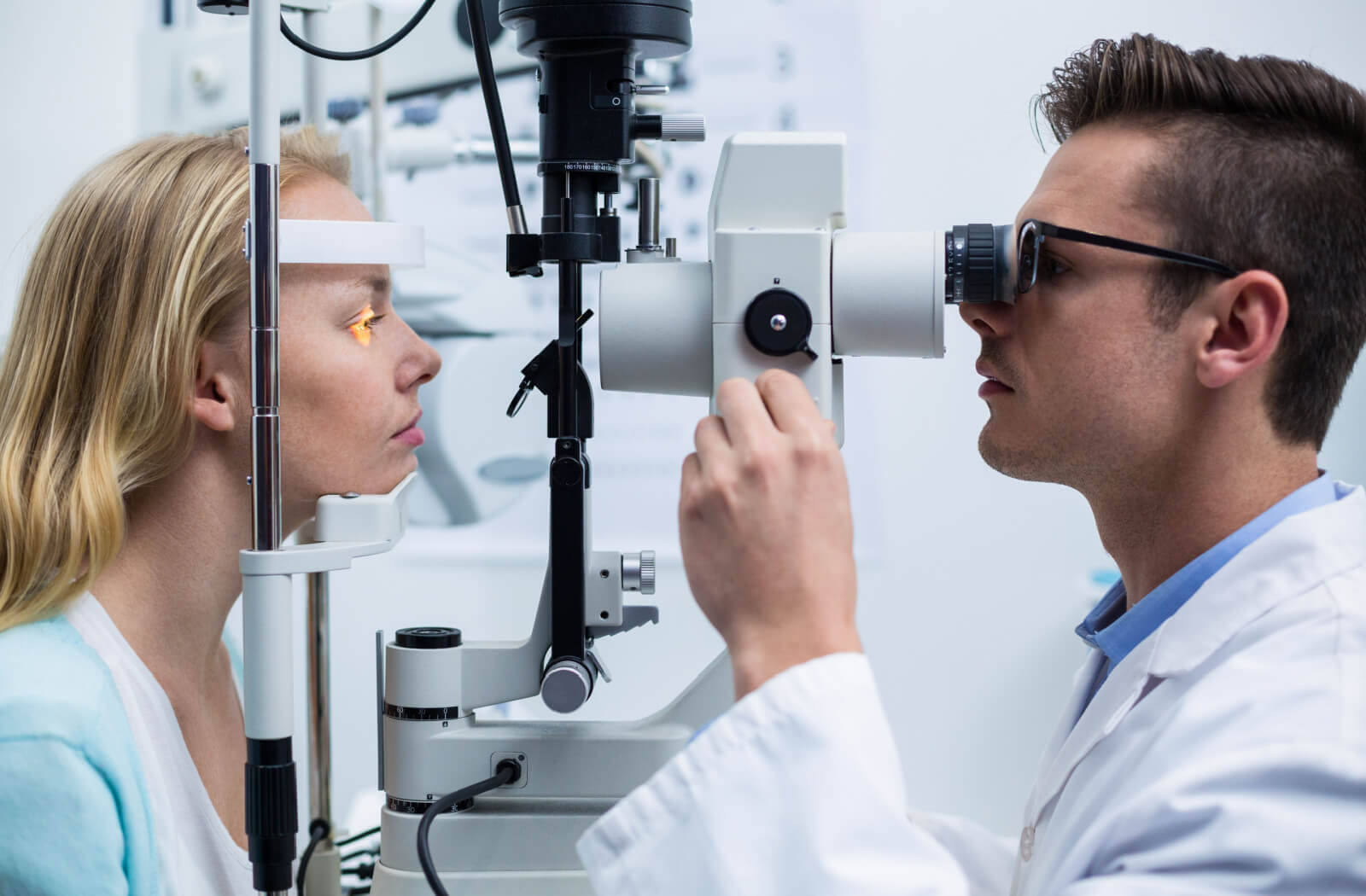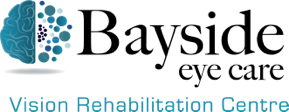A concussion is a type of traumatic brain injury that can affect people of all ages. While most concussions are mild and resolve within a few weeks, some individuals may develop persistent symptoms affecting their daily functioning, including vision problems requiring vision therapy.
One study showed that 62% of concussion patients with oculomotor problems experienced binocular vision dysfunction (BVD), with the most prevalent types of BVD being convergence insufficiency and accommodative insufficiency.
What Is a Concussion?
Concussions are a common and often underestimated form of traumatic brain injury (TBI) that can happen to anyone. Whether it’s a fall, a sports-related collision, a motor vehicle accident, or even a workplace incident, concussions can occur when the brain experiences a sudden jolt or impact, causing it to move rapidly within the skull.
These injuries may not always be visible to the naked eye—or even on MRIs, X-rays, or CT scans. This makes it crucial to recognize the signs and symptoms of a concussion and know when to seek medical attention.
Concussion Signs & Symptoms
After sustaining a concussion, individuals may experience a wide range of symptoms, typically categorized into 4 main areas: Physical, mental, emotional, and sleep-related. These symptoms can vary in severity and duration. Still, it’s important to remember that no concussion should be taken lightly, regardless of how minor it may seem.
Physical Concussion Symptoms
- Headaches
- Dizziness
- A feeling of pressure in the head
- Light sensitivity
- Noise sensitivity
- Blurry vision
- Nausea
Mental Concussion Symptoms
- Confusion
- Tiredness or sleepiness
- Memory problems
- Fatigue
Emotional Symptoms
- Heightened emotions, such as sadness or irritability
- Anxiety
- Feeling foggy
Sleep-Related Symptoms
- Trouble sleeping
- Poor sleep
- Oversleeping
While many people recover from a concussion within 10 days to 4 weeks, recovery times can vary, especially in children who might take longer to recover. If you suspect you or someone you know has sustained a concussion, it’s crucial to consult a medical professional for proper evaluation and guidance. This holds true even if the injured person did not lose consciousness.
Types of Binocular Vision Dysfunction
Our vision is about more than our eye’s physical structure. It’s a complex system that allows us to see the world around us. Our eyes must work together perfectly to allow us to perceive depth, form, and colour.
However, a concussion can interrupt the communication between your eyes and brain, leading to post-traumatic vision syndrome. After a head injury, some people experience binocular vision dysfunction, which affects their ability to use both eyes together and can lead to headaches, eye strain, pain, and blurry vision.
Some of the types of binocular vision dysfunction caused by concussions include convergence insufficiency, accommodative dysfunction, and visual motion sensitivity.
Convergence Insufficiency
Convergence insufficiency (CI) affects the eyes’ ability to converge and focus on a near target, such as a book. Concussion patients may present with symptoms such as double vision, eye strain, headaches, and difficulty with reading or computer work.
CI is one of the most common vision symptoms after a traumatic brain injury.
Accommodative Dysfunction
Accommodation refers to the ability of the eyes to adjust focus when transitioning from a distant to a near object. An injury like a concussion can affect the brain’s ability to control these movements.
Accommodative dysfunction (AD) is very similar to convergence insufficiency, so they may likely happen at the same time. This makes AD the second most common concussion-related vision symptom.
Visual Motion Sensitivity
The world doesn’t stand still, and 1 of our eyes’ most significant jobs is processing motion. Visual motion sensitivity is a binocular vision dysfunction where you have difficulty following quick movements. This can make busy environments visually overwhelming and cause concussion patients to experience symptoms such as vertigo and motion sickness.
Vision Therapy for Concussions
Vision therapy allows your eye doctor to provide a comprehensive evaluation to assess how a concussion may affect your vision. Through precise diagnostic technology and examination, they can uncover the intricacies of your vision-related issues.
This evaluation could include testing your visual acuity, assessing the smoothness of your eye movements, and identifying any misalignments that may be contributing to your symptoms.
Binocular Vision Dysfunction Treatments
Just as no 2 concussions are alike, there isn’t a one-size-fits-all approach to vision therapy. Each patient’s experience is unique, as is their path to recovery. In general, the primary goal of vision therapy is to strengthen the connection between the brain and the visual system, helping people regain eye coordination.
Some components of binocular vision dysfunction treatments may include:
- Rehabilitation Sessions: These sessions, led by your vision therapist, involve targeted exercises aimed at retraining your eyes and improving their coordination. You may also learn exercises that you can continue at home.
- Specialized Lenses: Your treatment plan may incorporate glasses with specific lenses—sometimes called prisms—designed to address eye strain from convergence issues. These prisms can help realign the images your eyes are seeing, essentially “tricking” your brain into thinking your eyes are aligned.

Learn More About Vision Therapy
Bayside Eye Care’s team of neuro-optometric physicians collaborates closely with other healthcare professionals to help you receive comprehensive care and support for your recovery after a traumatic brain injury.
Throughout your vision therapy journey, we can regularly assess your visual skills and, if necessary, adjust your treatment plan to address any evolving needs.
Experiencing a concussion can be a life-altering event, impacting various aspects of your well-being, including your vision. If you’re struggling with vision-related symptoms after a concussion, book an appointment today so we can discuss your vision therapy options.


